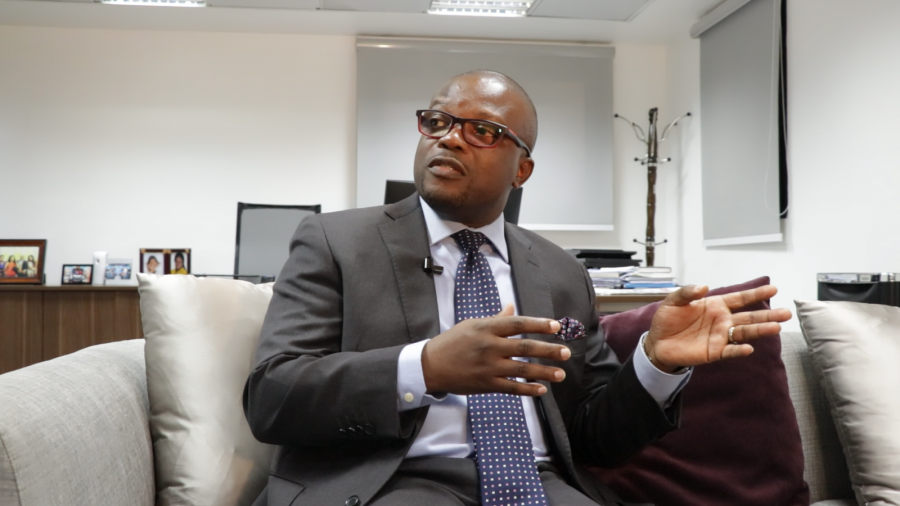Despite the uncertainties in economic indices and parameters, exchange and interest rates, Coronation Merchant Bank is optimistic that there are investment opportunities in Nigeria’s economy in 2020. This was disclosed by the Acting Managing Director of the bank at the Coronation Breakfast Session, tagged “Re-risking the financial system” in Lagos.
At the Breakfast session, which was covered by Nairametrics, the Coronation Merchant Bank boss explained that despite the uncertainties, there are opportunities in the investment horizon and that the recent introduction of the Over-the-Counter – Non-Deliverable Forwards (OTC-NDF) by the CBN and the FMDQ Group is expected to boost the growth of foreign direct investment (FDIs).

The CBN on February 13 introduced the much-awaited long-dated FX Futures, extending the maximum contract tenor to up to five years.
In an interview with the Nairametrics’ team, Adegbohungbe added that the introduction of the OTC-NDF by the apex bank was an opportunity FDIs to grow.
He said, “It was critical for a country like Nigeria to experience a shift from foreign portfolio investment (FPIs) to FDIs. We think that this initiative from the CBN will in the long term encourage foreign direct investment.
“FDIs are important to GDP growth, to address unemployment, create jobs amongst others. When FDIs are talked about, we are competing with other emerging markets and those other markets are coming up with initiatives as to how to attract FDIs and we think that this is a good initiative that has come up and in the long term will attract FDIs.”
(READ MORE: Coronation Merchant Bank appoints Banjo Adegbohungbe as Acting Managing Director)
Oil prices in 2020
Head, Research, Coronation Asset Management, Guy Czartoryski, is optimistic that oil prices can hold at or above $60 for most of the year and pointed to three factors:
- Although Organisation of the Petroleum Exporting Countries (OPEC) global market share is falling, it nevertheless remains influential, and it has proven capable of removing much of the price volatility, which was observed during 2016 and 2017.
- Partly as the result of production cuts, the forward curve in oil prices (Brent) is showing values above $60 for all of 2020, as indeed it was one year ago, which gave us comfort at that time.
- The new year began with a significant deterioration in relations between the United States of America and Iran, and such tensions in the Gulf region have a habit of driving prices upwards (though not always for long- last September’s bombing of a Saudi Arabian oil facility only prompted a brief spike in prices.)
“Our view is that there could be further episodes of tension in the Gulf region in the year ahead and that the risk premium may again become elevated at some point, or point, during 2020,” he added.

(READ MORE: CBN’s forex intervention is counter-productive – Manufacturers)
Devaluation in 2020?
Adegbohungbe expressed his optimism that the naira would not be devalued in 2020, as he believed there are policies put in place by the CBN to ensure exchange rate stability.
He said, “Although foreign exchange reserves fell steeply during the second half of 2019, we believe there will be sufficient sources of US dollars in 2020 for the CBN to support foreign exchange reserves.”
Czartoryski supported Adegbohungbe when he explained that the CBN would keep the exchange rate at close to N362.50 per dollar for most of 2020.
“The recent history of the Naira/US dollar exchange rate shows that 20% over-valuation of the Naira, in terms of fair value, is associated with devaluation. Such a level may be reached during 2021, but the risks of this happening in 2020 are low.”
On interest rate, the research expert anticipated downward pressure on Treasury Bill (T-bill) and government bond rates to continue as domestic funds rotate from high-yielding CBN OMO bills into government securities.
“Bank earnings may suffer somewhat from the CBN’s initiative to limit the scope of card charges. This will likely be offset by balance sheet expansion and a degree of interest rate protection from high-yielding securities,” he added.


















